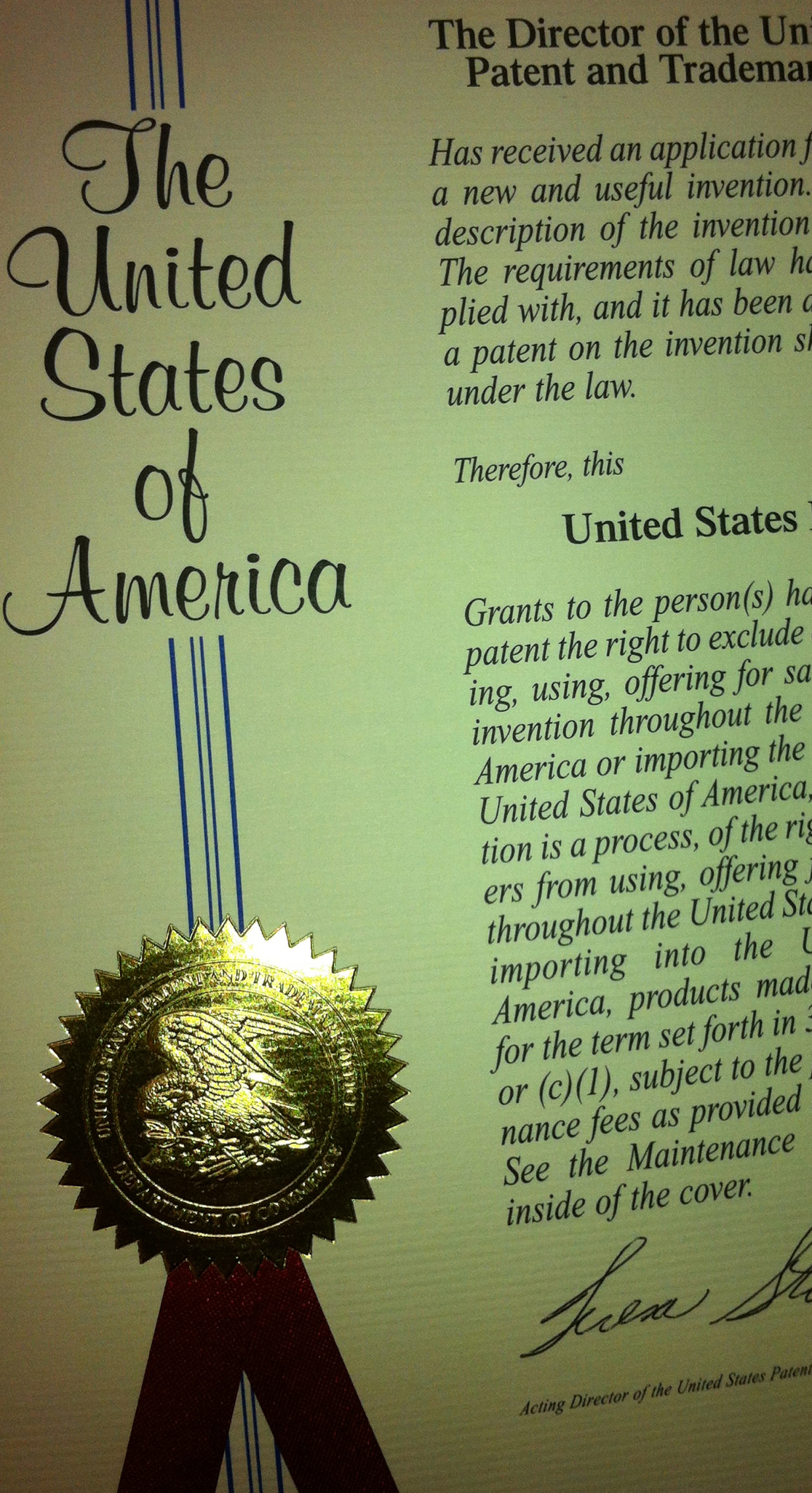 Last week, the Obama Administration announced a string of executive actions and legislative recommendations in an attempt to “protect innovators from frivolous litigation and ensure the highest-quality patents in our system,” as stated in the online White House Briefing Room. With these actions and recommendations, the federal government is attempting to crack down on companies known as Patent Assertion Entities (PAEs), commonly referred to as “patent trolls”. These PAEs acquire rights to issued patents with a principal goal of enforcing the rights against third parties who the PAEs assert are infringing on the PAEs patents.
Last week, the Obama Administration announced a string of executive actions and legislative recommendations in an attempt to “protect innovators from frivolous litigation and ensure the highest-quality patents in our system,” as stated in the online White House Briefing Room. With these actions and recommendations, the federal government is attempting to crack down on companies known as Patent Assertion Entities (PAEs), commonly referred to as “patent trolls”. These PAEs acquire rights to issued patents with a principal goal of enforcing the rights against third parties who the PAEs assert are infringing on the PAEs patents.
The package of five executive actions and seven legislative recommendations attempt to address issues that range from improving the defined scope of patent claims, reforming patent litigation procedures, and disclosure of the names of the entities who are behind patent litigation (as when shell companies or specially-formed subsidiaries are used to pursue litigation). The breadth of protection granted in software patents have been of particular concern in recent times. Method claims embedded in software tend to be abstract, and the more difficult it is to tell what exactly a patent covers, the easier it is to assert others are infringing it. One intention of the new actions and recommendations is to require more clarity in what patents cover, and, in theory, reduce the potential for frivolous accusations of patent infringement.
Peter Rousos, CTTC Director of Economic and New Venture Development, outlines the concerns of many opponents of patent trolls. “The concern of many is that PAEs are not using their patent portfolios defensively to prevent other parties from competing with them in the marketplace – in fact, they rarely make or sell products of their own. They use the patents to run an aggressive offense with those patents – compelling alleged infringers to defend themselves in court or to settle outside of court. Either outcome is a financial strain for businesses, tying up time and capital in protracted legal battles.”
While the current administration’s efforts to address the reported negative economic impact of PAEs are to be applauded, many are skeptical that such efforts will have a substantial impact on the situation.
“Legislation to marginalize a patent troll’s ability to enforce the patents they own or control is difficult to structure without either (i) unintentionally weakening the patent system for everyone – which would likely have a far greater negative impact economically than the current situation – or (ii) discriminating against one class of property owner from another,” cautions Alan Bentley, Assistant Vice Chancellor for Technology Transfer at Vanderbilt. “We may not like the current situation, but the patent statutes do not differentiate patent holders that created and developed their own innovations from those that aggregated innovations from other sources.”
Here is a link to the White House Fact Sheet explaining the new actions and recommendations.




